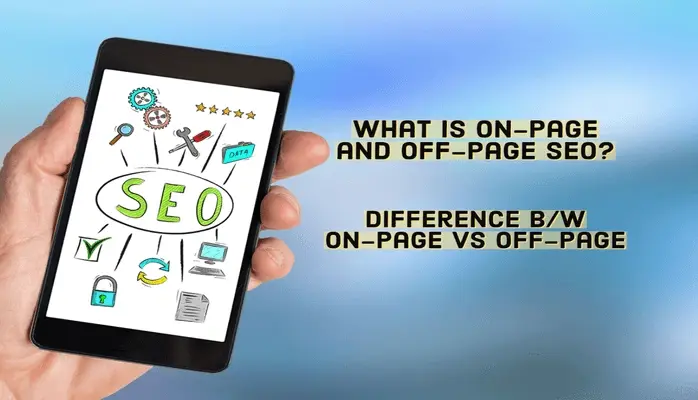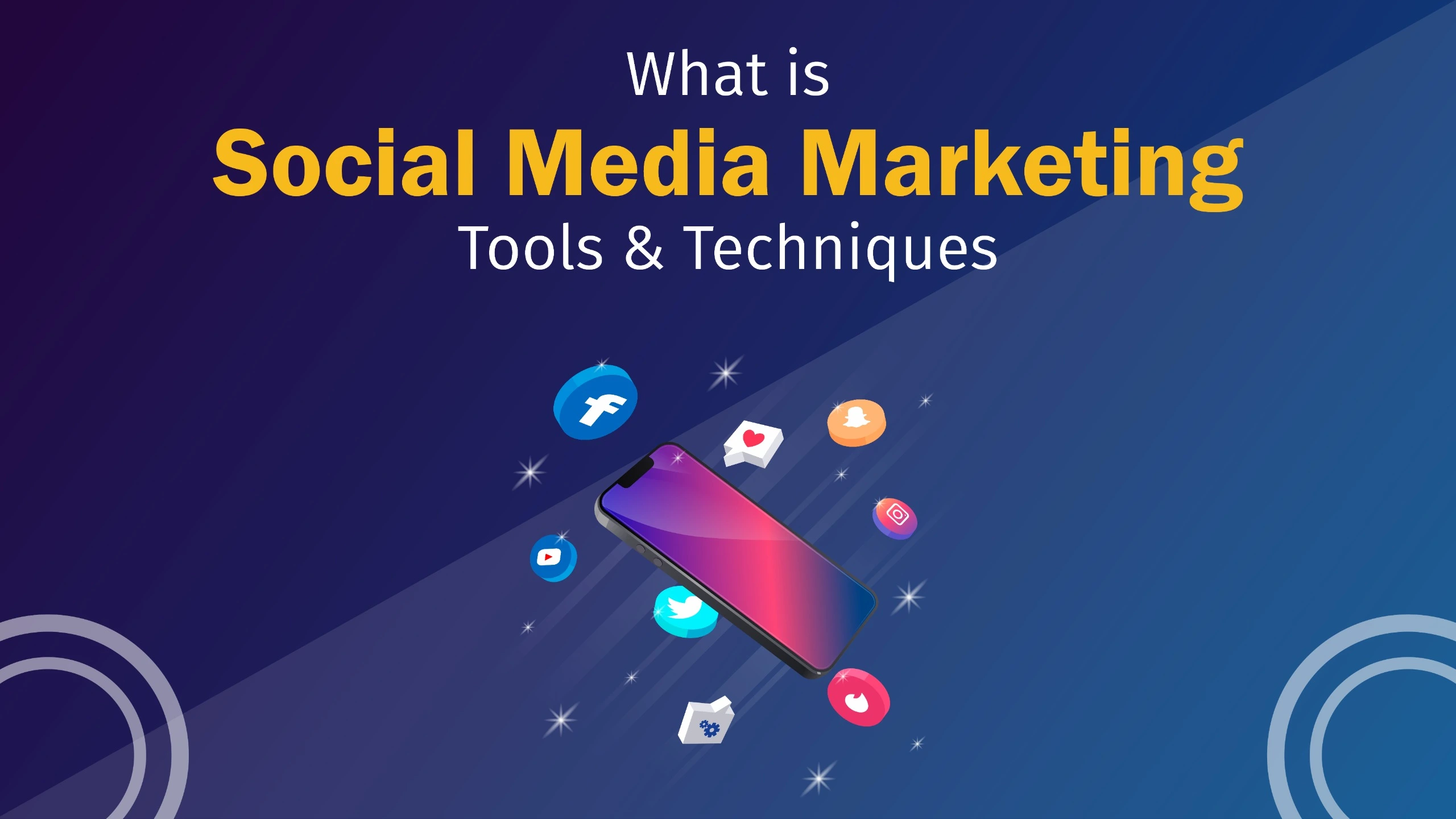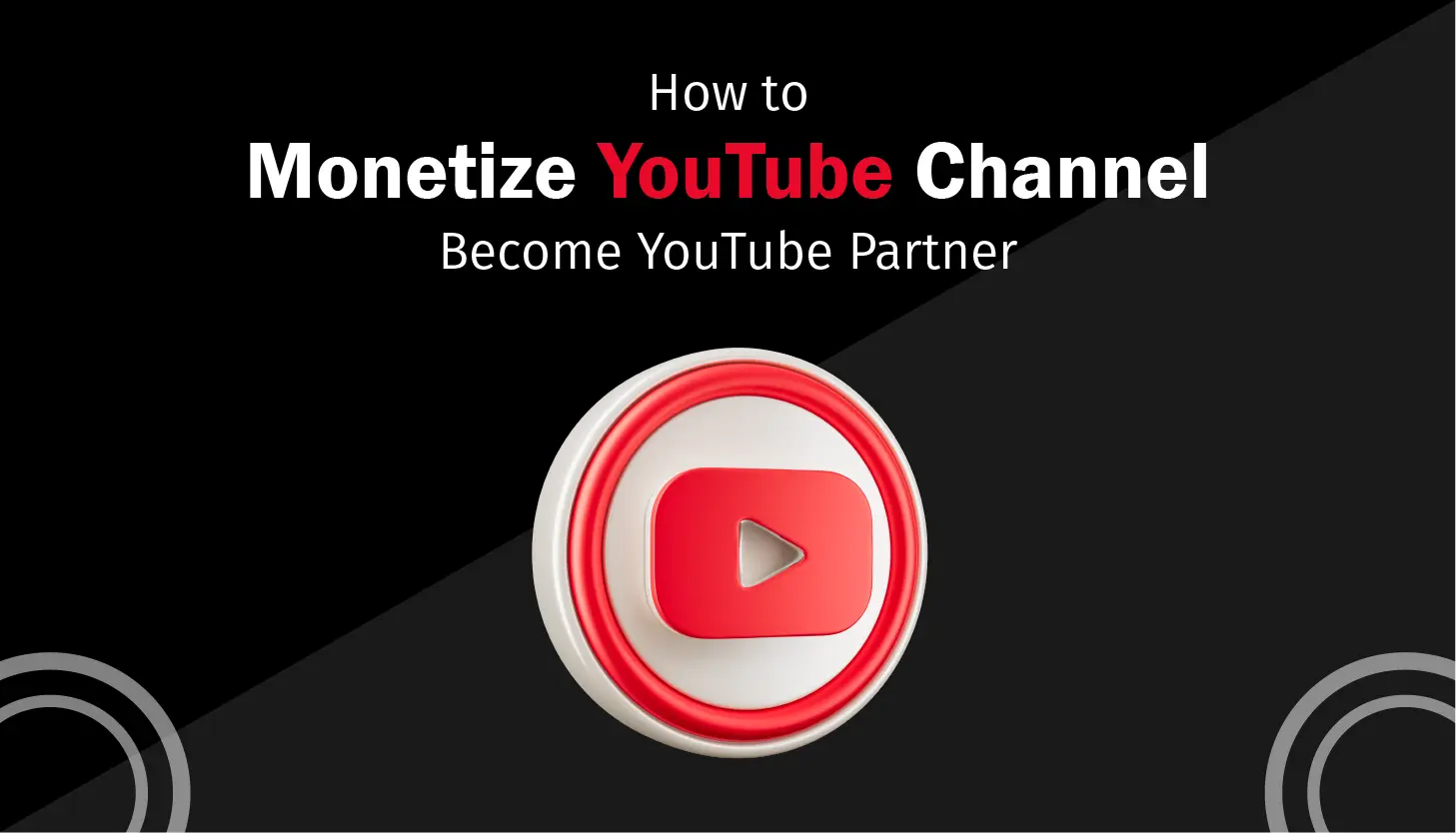In the world of digital marketing, SEO is an essential tool to improve the visibility and ranking of a website on SERP. There are two primary types of SEO, “On-Page SEO and Off-Page SEO”. They both work in different ways to create a successful SEO strategy. In this blog, we’ll discuss what is on-page and off-page SEO, their differences, and how they contribute to the overall SEO technique.
What is On-page SEO?
On-Page SEO, or on-site SEO, refers to the method of optimizing web pages to achieve better rankings and attract more relevant traffic through search engines. On-page optimization focuses on optimizing the content and structure of a website to improve its visibility and relevance to search engines.
Key Components of On-Page SEO
- Content: On-page SEO and Off-page SEO, both focus on creating high-quality content that is relevant, informative, and engaging. But on-page focuses on using targeted keywords, relevant meta descriptions, and headers to help search engines understand what the content is about.
- Title Tag and Meta Description: The title tag is an HTML tag that defines the title of a webpage. A meta description provides a brief overview of the content of a webpage. Both of these elements are very important for search engine optimization and should include targeted keywords.
- URL Structure: URLs should be structured in a way that makes it easy for search engines to crawl and understand the webpage content.
- Internal Linking: On-Page SEO also includes internal linking, which refers to linking from one page on a website to another page on the same website.
Let’s understand the concept of off-page search engine optimization, then we proceed to the difference between on-page SEO and off-page SEO.
What is Off-page SEO?
Off-Page SEO, also known as off-site SEO, refers to the activities that take place outside of the website to improve its ranking and visibility in search engines. Off-page optimization includes all the activities that are performed off the website, such as link building and brand marketing.
Key Components of Off-Page SEO
- Forums: Online platforms where people can discuss various topics and share ideas in search of providing the link to their website/webpage.
- Bookmarking: Saving web pages or links for future reference on social bookmarking sites like Reddit, Pinterest, and Digg.
- Profile creation: Creating a personal account on a website or social media platform, which typically includes information about the user.
- Guest posting: Writing and publishing an article on someone else’s website or blog to reach a wider audience and gain exposure.
PDF submission, Directory submission, Business listings, and Classified submission are other off-page elements used for link building.
What is the Difference Between On-page and Off-page SEO?
On-page SEO refers to optimizing the HTML parts of your website that you control, whereas off-page SEO focuses on ranking factors that occur outside of your website, such as brand mentions and backlinks. That is the major difference between on-page SEO and off-page SEO. Let’s go through the comparison table between on-page vs off-page SEO which will help you to understand both terms more easily.
| On-Page SEO | Off-Page SEO |
|---|---|
| It is the process of optimization that takes place within our website. | It is the process of link building that takes place apart from our website. |
| On-page focuses on optimizing the content and structure of a website. | It focuses on improving a website’s authority and trustworthiness through external linking. |
| The website owner has full control over the on-page SEO factors. | The website owner has limited control over off-page SEO factors. |
| On-page SEO activities are considered by the search engine when ranking a website. | Off-page activities are also considered but have less weightage than On-Page factors. |
| Results of on-page can be seen quickly after optimization. | Off-page SEO results may take longer to see due to the nature of external activities. |
| It results in better visibility, higher ranking, and more relevant traffic. | It results in improved authority, trust, and reputation. |
| Example includes content optimization, meta tags, internal linking, and URL structure. | Link building, social media marketing, and influencer outreach are examples of off-page SEO. |
I hope this table helps clarify the main difference between off-page and on-page SEO.
Final Thoughts
In conclusion, both on-page SEO and off-page SEO are essential for creating a successful search engine optimization strategy. While website owners have full control over on-page SEO factors, off-page SEO requires a more advanced level of optimization and can carry greater risks if guidelines are not followed. By combining both types of SEO, website owners can improve their website’s visibility, attract more traffic, and ultimately achieve higher rankings on search engine result pages.
Frequently Asked Question
Q. What is more important on-page SEO or off-page SEO?
Ans. Both on-page SEO and off-page SEO are equally important for a successful SEO strategy. They complement each other in improving a website’s visibility, relevance, authority, and trustworthiness on search engines.
Q. What are the 3 important components of SEO strategy?
Ans. The three most important components of an SEO strategy are Technical SEO, On-page, and Off-page SEO.

Amrita Yadav is a skilled digital marketing specialist who has been working in the industry for the past 2.5 years. She holds a Bachelor’s degree in Computer Science, Master’s in Marketing, and has gained extensive experience in various aspects of digital marketing, including search engine optimization, social media marketing, email marketing, and content marketing. She has a deep understanding of audience behavior and uses data-driven insights to develop effective marketing strategies that drive business growth.




